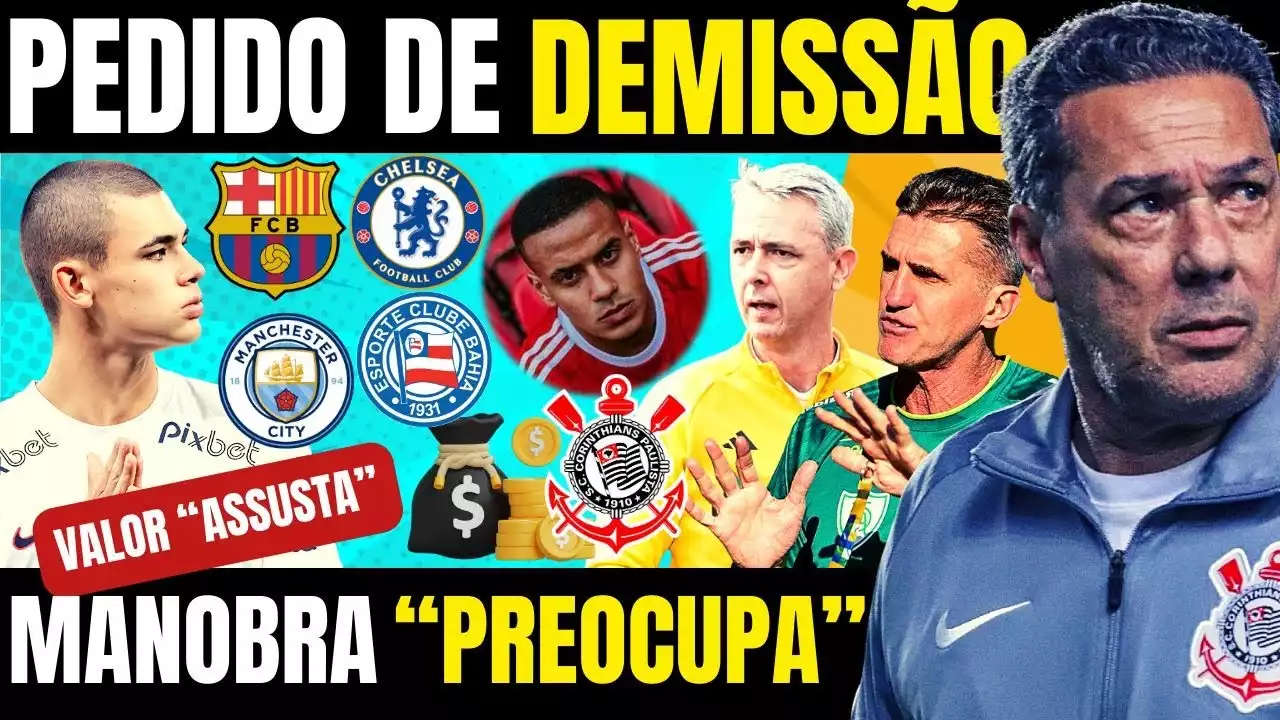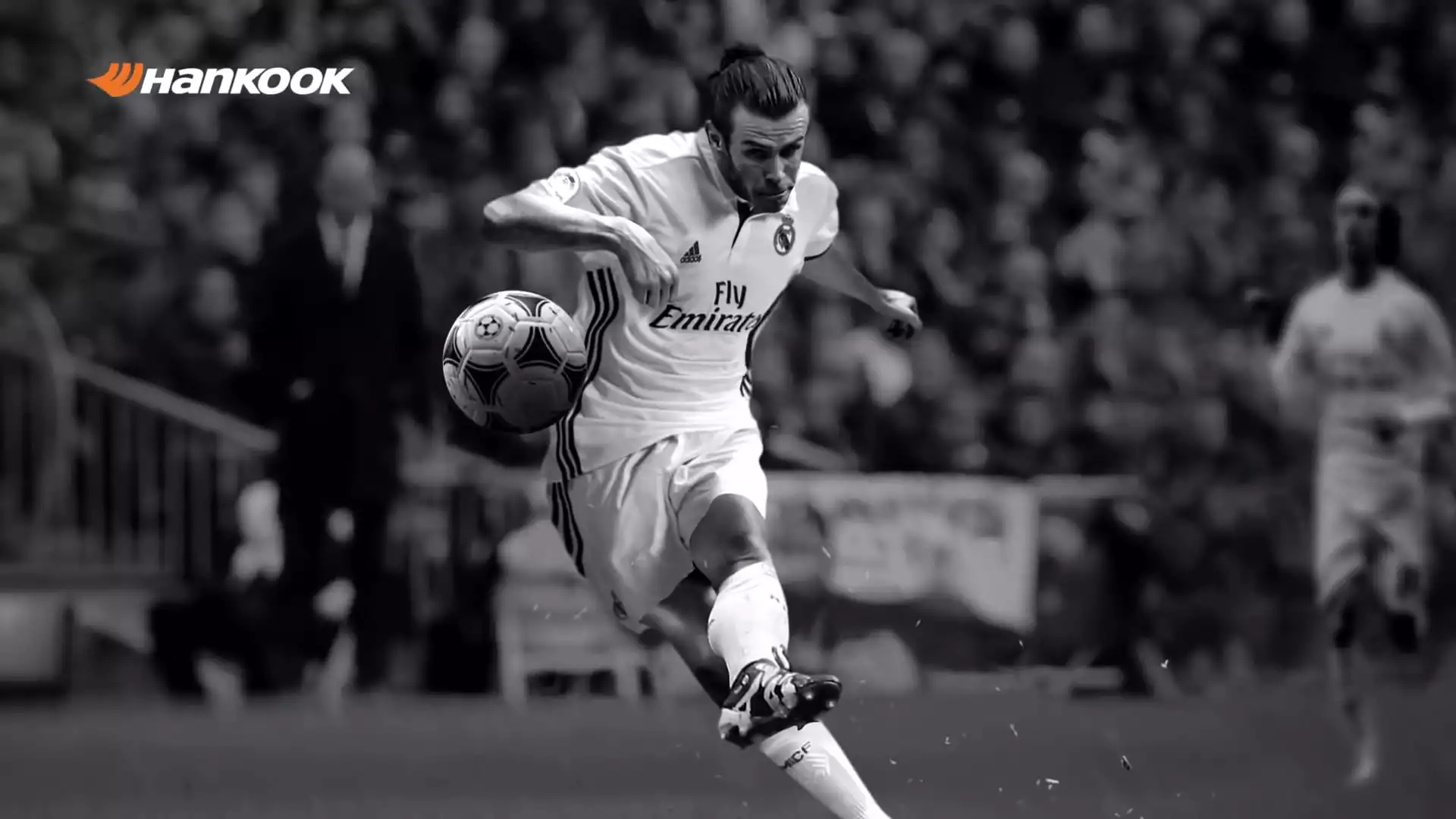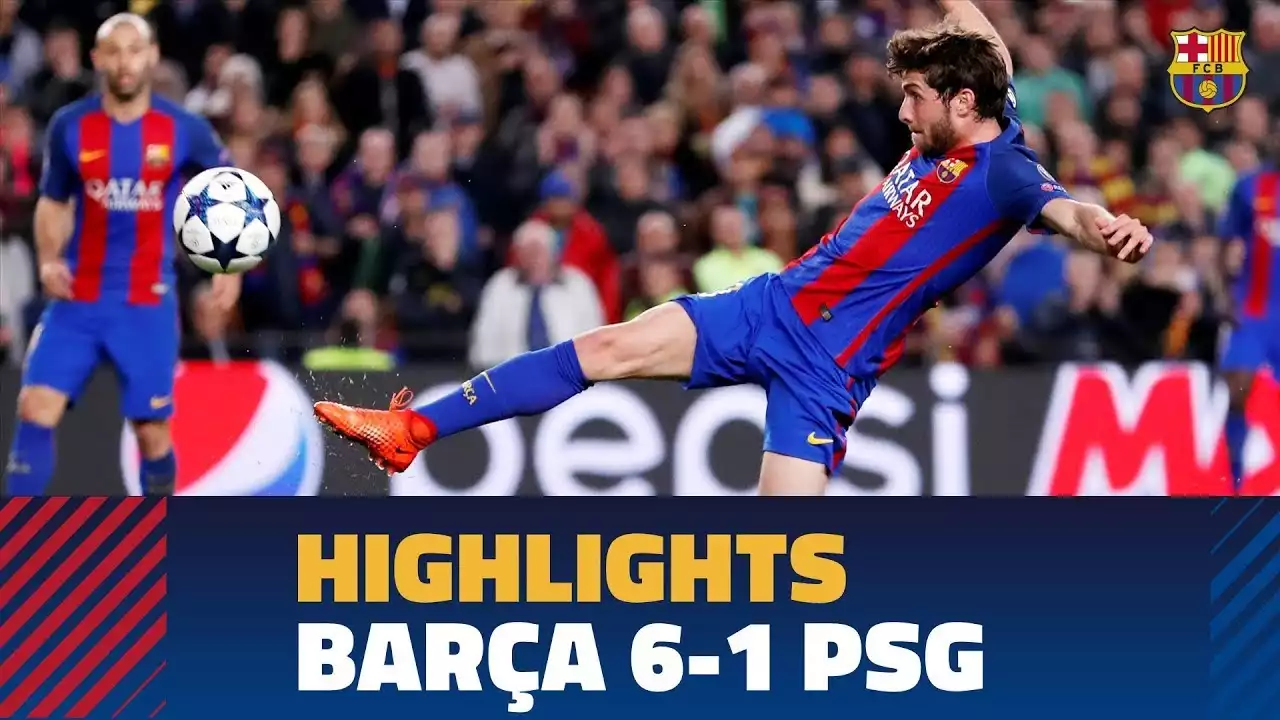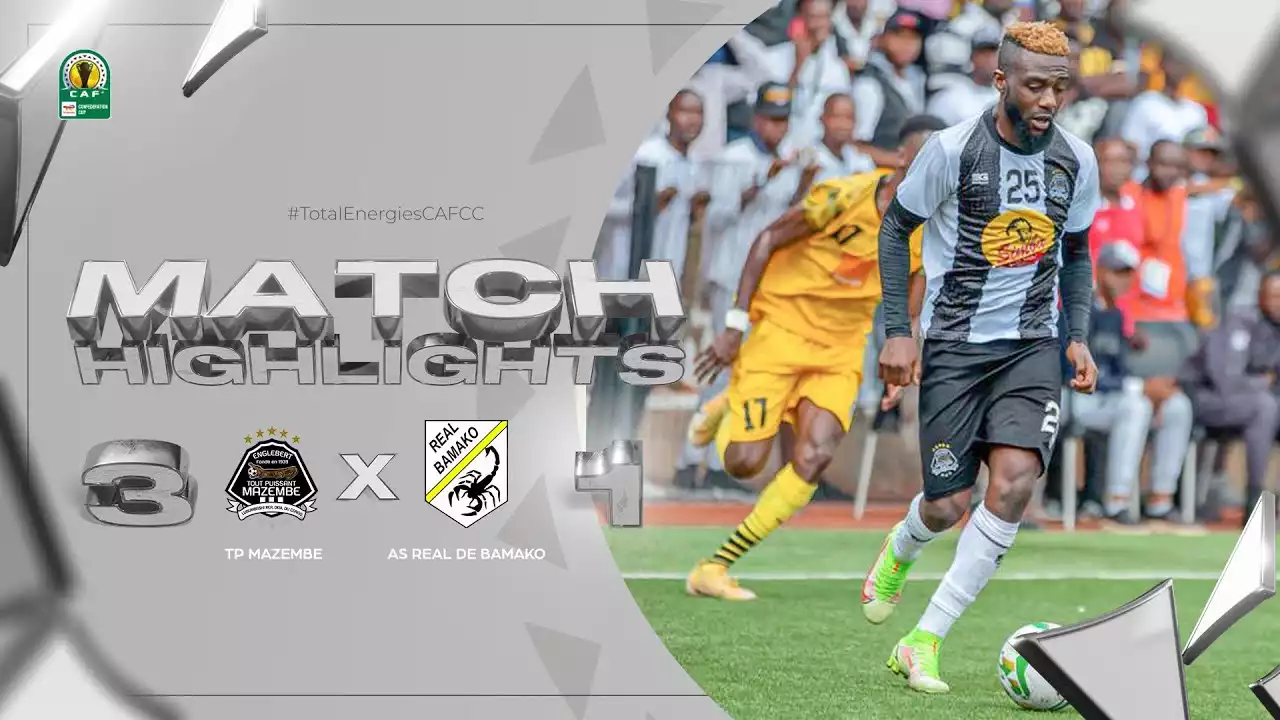The Significance of the Tournament for South American Teams
The FIFA Club World Cup holds immense significance for South American teams. It provides an opportunity to showcase their talent on a global stage, pitting them against the best teams from around the world. For South American clubs, success in this tournament not only brings glory but also validates their standing in the footballing world. It serves as a platform to prove that the rich footballing heritage of South America is still alive and thriving.
South American teams approach the tournament with a fierce determination to uphold their reputation as football powerhouses. The tournament allows them to test their mettle against top European, Asian, and African clubs, providing a chance to gauge their level of competitiveness on a global scale. The success of South American teams in recent editions of the FIFA Club World Cup has further fueled the desire to excel and reaffirm their dominance.
Corinthians: A Brief History of the Club
Corinthians, founded in 1910, is one of Brazil's most successful and popular football clubs. With a massive fan base that fills the iconic Corinthians Arena for every home game, the club has a rich history and a strong connection with its supporters. The team's success on the field has played a significant role in forging this unbreakable bond.
Throughout the years, Corinthians has achieved numerous domestic and international honours. The club has won the Campeonato Brasileiro Série A, Brazil's top-flight league, multiple times, establishing themselves as a force to be reckoned with in Brazilian football. They have also triumphed in the Copa Libertadores, South America's most prestigious club competition, which earned them a spot in the FIFA Club World Cup.
Corinthians' Road to the FIFA Club World Cup
Corinthians' journey to the FIFA Club World Cup has been nothing short of remarkable. After securing victory in the Copa Libertadores, the club earned their place in the tournament as South America's representative. The road to the final was not easy, as they faced tough opposition from other strong South American teams.
In the Copa Libertadores final, Corinthians displayed their resilience and skill by defeating their Argentine rivals, Boca Juniors. The 2-0 aggregate victory showcased their ability to perform under pressure, solidifying their status as one of South America's top teams. With their ticket to the FIFA Club World Cup secured, Corinthians now have their sights set on conquering the global stage.
Key Players to Watch from the South American Teams
South American teams boast an incredible array of talent, and the FIFA Club World Cup provides the perfect stage for their star players to shine. Among the South American representatives, there are several key players to watch out for.
For Corinthians, one of the standout players is their captain and star striker, Mauro Boselli. Known for his clinical finishing and ability to score crucial goals, Boselli has been instrumental in Corinthians' success in recent years. His experience and leadership qualities make him a vital asset for the team as they aim for glory in the FIFA Club World Cup.
The Challenges Faced by South American Teams in the Tournament
While South American teams enter the FIFA Club World Cup with high expectations, they face significant challenges on the global stage. One of the main hurdles is the fierce competition from European clubs, who have historically dominated the tournament. The tactical and technical prowess of European teams often poses a tough challenge for South American sides.
Additionally, the long travel distances and unfamiliar playing conditions can have an impact on the performance of South American teams. Adapting to different time zones, climates, and pitches requires mental and physical adjustments, which can sometimes affect their gameplay. Overcoming these challenges requires resilience, adaptability, and a strong team spirit.
The Impact of the FIFA Club World Cup on South American Football
The FIFA Club World Cup serves as a platform to showcase the strength of South American football to a global audience. Success in the tournament not only brings national pride but also contributes to the growth and development of football within the region. It provides an opportunity for South American clubs to attract global attention and potentially secure lucrative deals for players and sponsors.
Furthermore, the experience gained from competing against top clubs from around the world helps South American teams raise their level of play. The tournament exposes players to different styles of football, allowing them to learn and adapt their game accordingly. This exposure ultimately benefits the development of South American football, nurturing future generations of talented players.
Previous Successes of South American Teams in the Tournament
South American teams have a rich history of success in the FIFA Club World Cup. Brazilian clubs, in particular, have dominated the tournament, with teams like São Paulo, Santos, and Internacional claiming the title in previous editions. Their triumphs have showcased the technical brilliance and tactical prowess that South American teams bring to the global stage.
One of the most memorable victories came in 2012 when Corinthians clinched the FIFA Club World Cup in Japan. Led by their talismanic striker, Paolo Guerrero, Corinthians defeated Chelsea, the reigning UEFA Champions League winners, in a thrilling final. The victory not only brought immense joy to the club and its fans but also highlighted the strength of South American football.
Predictions and Expectations for Corinthians in the FIFA Club World Cup
As Corinthians prepare to compete in the FIFA Club World Cup, expectations are high among their fans and football enthusiasts across South America. The team's recent success in domestic and international competitions has created a sense of optimism that they can go far in the tournament.
With their strong squad and wealth of experience, Corinthians have the potential to make a deep run and challenge for the title. The combination of their attacking prowess and solid defensive organization makes them a formidable opponent for any team they face. If they can maintain their form and execute their game plan effectively, Corinthians could very well bring the coveted trophy back to South America.










